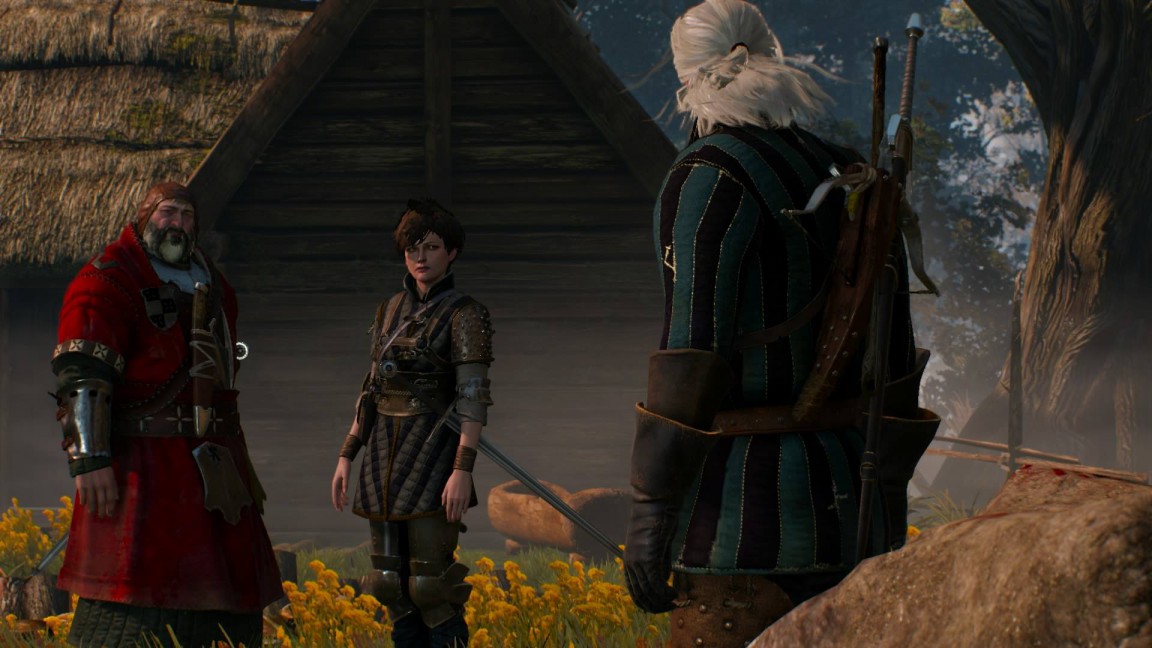

Every person who has ever done the Sudoku puzzle over time has at some point become frustrated. You get to a situation where you just can’t see any headway. There seems to be no clues as where to go next. And I know from personal experience that staring blankly at the puzzle waiting for a solution to hit you between the eyes just never happens. There are two keys to getting past the frustration.
The first key is to understand the thinking of the Sudoku creator or puzzle writer (or what ever you want to call him). He wants you to get frustrated. That is his goal. Depending on what level of Sudoku you are attacking he will use a different number and variety of tricks and roadblocks to make it difficult to find the final solution. When your level of frustration rises, so does his level of satisfaction. Conversely when you get to a roadblock or dead-end and you know that this is part of his plan, then it is easier to stay calm and find the solution.
The second key is to have a plan of attack or strategy for these roadblocks. Just knowing that they are there is fine but not finding a solution can be very frustrating in itself. So having an orderly strategy you can use to find a way past the roadblock is imperative. If you remember the Rubik’s cube, it was very frustrating to solve. But once you could solve one face then the other five faces could be solved by repeated using just four sequences of moves. The difficult part was finding those moves but once found and remembered then the cube could be easily and repeated solved. For solving Sudoku, I personally use the dot-dish-dash technique. It is a combination of three overlaying marking strategies that enable anyone to solve any level Sudoku they wish to tackle. I am sure there are people of high enough IQ that they can solve the hardest Sudoku in their head without any markings on the page at all. I am, unfortunately, blessed with only an average IQ and therefore use the marking to help me to a solution. The dot-dish-dash markings are relatively unobtrusive, easy to implement and interpret.
Now when I get to a roadblock I see it as the challenge of me against the puzzle maker. And with a good strategy its not whether I can break down the strategy of the puzzle maker but how fast and cleanly I can do it?
Kevin Meates maintians the site http://



